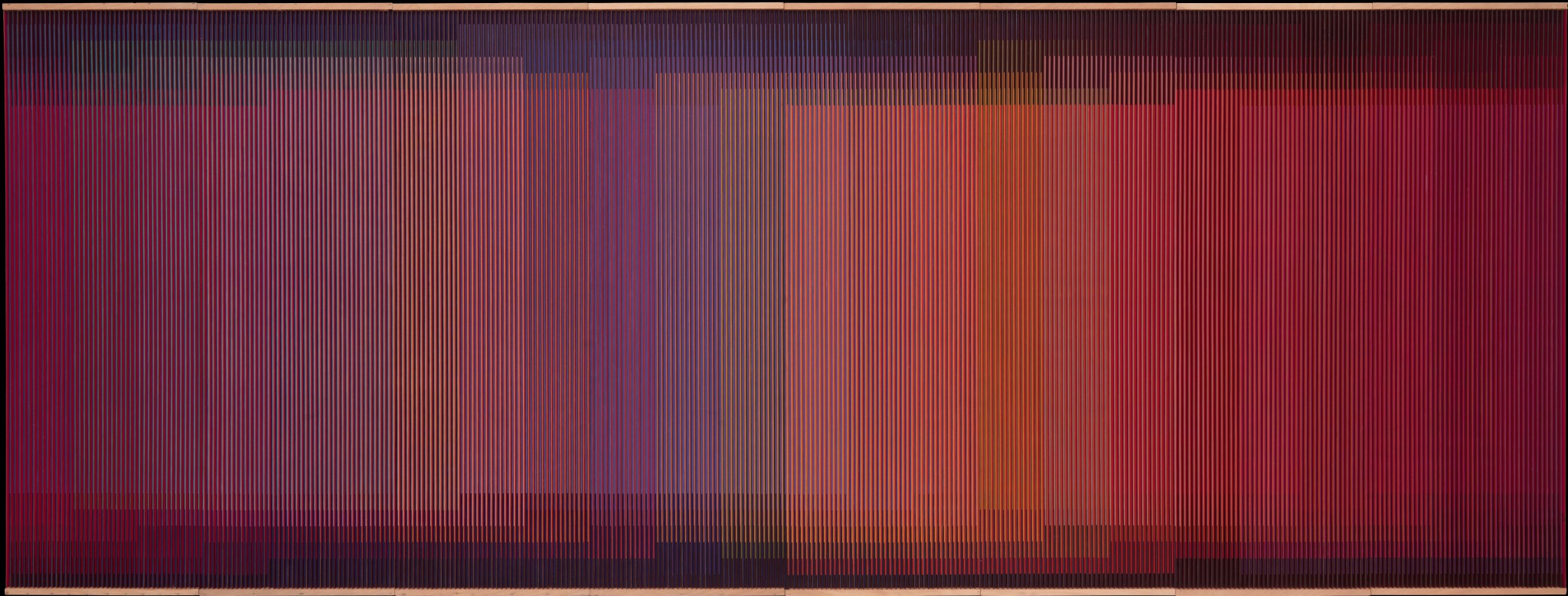Domingo, 17 de marzo de 2013
 Capriles dudando sobre la fecha del fallecimiento de Chávez; Maduro diciendo que a Chávez le inocularon el cáncer. Para David Smilde y Hugo Pérez Hernáiz de WOLA la oposición y el gobierno tienen una debilidad por las teorías de conspiración:
Capriles dudando sobre la fecha del fallecimiento de Chávez; Maduro diciendo que a Chávez le inocularon el cáncer. Para David Smilde y Hugo Pérez Hernáiz de WOLA la oposición y el gobierno tienen una debilidad por las teorías de conspiración:
Chávez was poisoned by dark forces that wanted to get rid of him…The cancer that the comandante was suffering from, time will reveal, broke with all of the regular characteristics of the illness… Everything indicates that they were able to affect his health with the most advanced techniques. Nicolás Maduro, Monday, March 11, 2013
Everything has been coldly calculated…For weeks spokespersons came out saying they had had work meetings for five hours…You Nicolás, I know you´re watching, were capable of playing with the hopes of the people. Who knows when the President died. You had everything arranged. Henrique Capriles, Sunday, March 10, /2013
Venezuelan’s have become used to conspiracy theories in recent years, both form the government and the opposition. Conspiracy rhetoric formed a big part of Hugo Chávez’s political discourse, with frequent denunciations of plots to assassinate him and of foreign and local enemies working to sabotage the revolution. Evidence to support these denunciations was almost never made public. However, they served the purpose of centering public opinion on a threatening “enemy,” against which constant vigilance and mobilizations were necessary on the part of Chávez supporters.
Conspiracy theories have formed an important part of the opposition’s discourse as well. From evidence-free accusations of electoral fraud, to charges that Venezuela is actually controlled by the Castros, to widespread rumors in the last months that Chávez was not actually ill but only plotting to comeback to Venezuela fully recovered.
Paul Krugman llama esto el “fanatismo del centro.” Gente que genuinamente quiere verse a sí misma como equilibrada y moderada, capaz ver virtud y error en ambos lados del espectro político, y eso los lleva a asignar cuotas similares de culpa en cada lado incluso cuando un lado es más culpable que el otro.
Chávez denunció más de 50 planes para asesinarlo; responsabilizó a EEUU de causar el terremoto en Haití; acusó a Holanda de querer invadir Venezuela; dijo que el capitalismo había acabado con la vida en Marte; e insinuó que el imperio podría haber “desarrollado una tecnología” para inocular cáncer a cinco líderes de izquierda de la región, incluyéndolo a él.
Pero Capriles, para Smilde y Pérez, cae en lo mismo cuando el vacío informativo, la incertidumbre, la opacidad, y las evidentes mentiras y contradicciones en las declaraciones del oficialismo sobre la salud de Chávez lo llevaron, como a cualquier persona racional, a poner en duda la fecha del fallecimiento del presidente.
No digo que la oposición no haya sucumbido ante el efluvio pérfido de ciertas teorías conspirativas. Pero ¿insinuar que un lado está tan loco como el otro?
H/T: Henriette Kuhn.
Share
